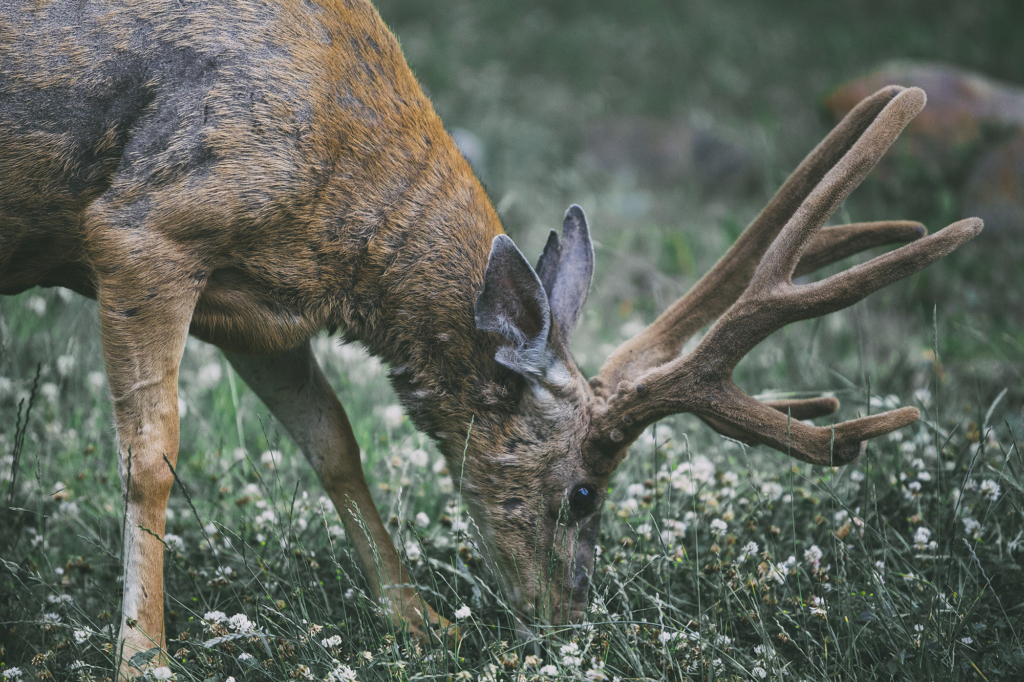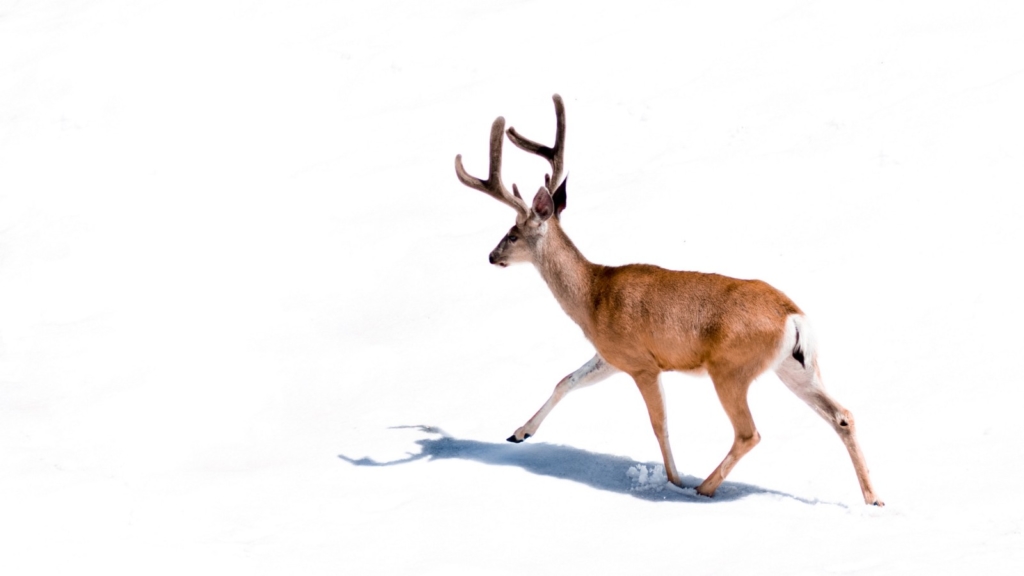With the festive season upon on us, we take a moment to learn a little more about Santa’s helpers, the reindeer.
- Reindeer are also known as Caribou. In Europe, they are known as Reindeer and in the United States they are called Caribou in the wild.
- Reindeer live in the Northern parts of North America including Canada and Alaska as well as in Europe, Russia and Greenland.
- The word “reindeer” comes from the Old Norse word “hreinin,” which means “horned animal.” Caribou is based on the French word for “snow shoveler,” in reference to the reindeer’s habit of digging through the snow to find food.
- In most deer species, only the male deer grow antlers. However, reindeers are the only deer where both the male and females grow antlers.

5. Just like human fingerprints, every reindeer’s antlers are unique.
6. Reindeer’s have an ankle tendon that rubs over a bone when they walk and causes a clicking sound. This clicking sound helps the reindeer keep track of each other especially in the snow.
7. Reindeer are herbivores and predominantly dine on a combination of moss, grass and plants
8. Reindeers migrate south during winter and north during summer. During migration, reindeer can travel up to 5,000 kilometres (3,000 miles). This more than the the distance from New York to Los Angeles.

9. Reindeers have adapted for their cold climate in some particular fascinating ways. Their noses warm the air that they breathe before it enters their lungs. The reindeer fur traps air making them buoyant in water, which is perfect for crossing rivers during migration. Their foot pads and hooves change during the seasons to provide different levels of traction during the warmer and cooler months.
10. The first reference to Saint Nicholas and reindeers comes from the poem “A Visit from Saint Nicholas” written by Clement Moore in 1823. This popular poem, more commonly known as “The Night Before Christmas” introduced Dasher, Dancer, Prancer, Vixen, Comet, Cupid, Dunder and Blixem (the last two of which were later changed from Dutch to German, becoming Donner and Blitzen).
